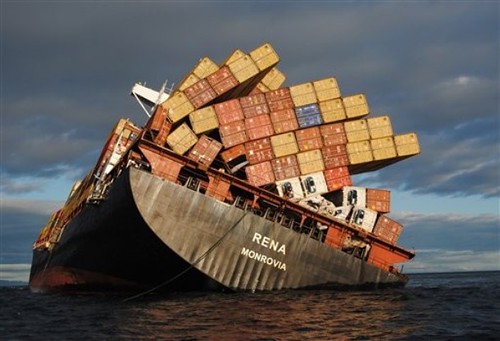Why the US, local, and global economic future may be more perilous than we think
Labels: Depression/Recession/Global Economy, economic development, global industrial policy, national economic competitiveness
"A community’s physical form, rather than its land uses, is its most intrinsic and enduring characteristic." [Katz, EPA] This blog focuses on place and placemaking and all that makes it work--historic preservation, urban design, transportation, asset-based community development, arts & cultural development, commercial district revitalization, tourism & destination development, and quality of life advocacy--along with doses of civic engagement and good governance watchdogging.
Labels: Depression/Recession/Global Economy, economic development, global industrial policy, national economic competitiveness
posted by Richard Layman @ 1:22 PM&Permanent Link
![]()
![]()

I am an urban/commercial district revitalization and transportation/mobility advocate and consultant. I was a principal in BicyclePASS, a bicycle facilities systems integration firm, based in Washington, DC. Now I'm in Salt Lake City for family reasons. Urban economic competitiveness is dependent on efficient transit and mixed use, compact places. Therefore, I end up writing a lot about mobility and urban design. I still own a house in DC, so I write a lot about Washington, DC issues. I try to write so that "universal lessons" are evident in the entries, regardless of the place.
Jane's (Jacobs) Walks, first weekend in May
Parking Day, 3rd Friday in September
Western Baltimore County Pedestrian and Bicycle Access Plan
Baltimore County Pedestrian and Bicycle Legislation
Cambridge, Maryland Commercial District Revitalization Framework Plan
Easy print Florida Market Directory
Florida Market Map & Directory
Urban Safeway Design Misses Mark op-ed, WBJ
Temper Walmart Glee with Planning op-ed, WBJ
ANC4B Large Tract Review Report on Walmart, 5/2011
ANC4B Large Tract Review Report on Walmart, Summary Recommendations
Bordercross Communications (Corinna Moebius)
This is None: Storytelling by Design
Capital City Market (w/Frozen Tropics)
Dr. Transit/League of Transit Doctors

0 Comments:
Post a Comment
<< Home